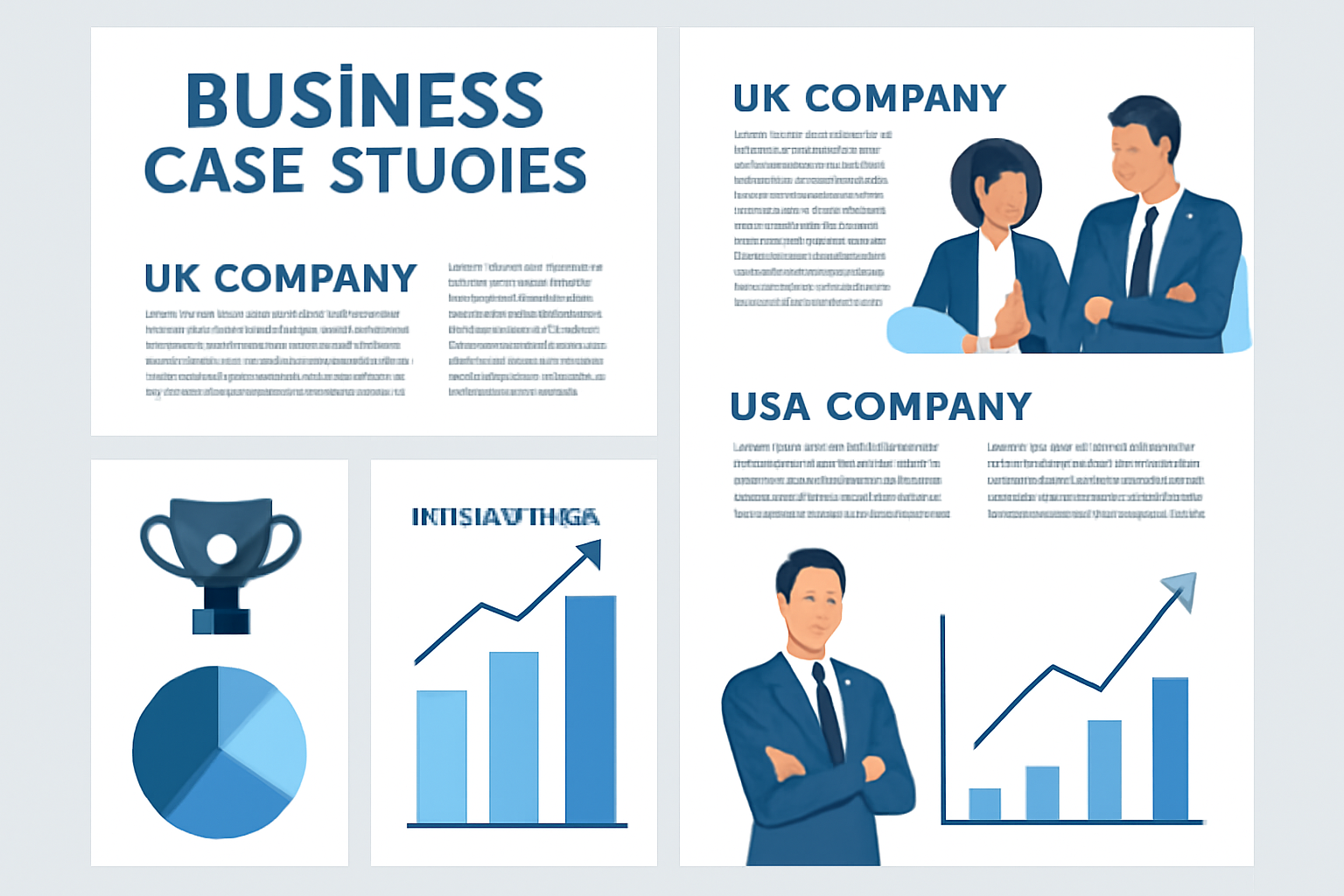Measuring the Return on Investment (ROI) of Events is more than just an idea—it is a real practice that top organizations in the UK and the USA are implementing to demonstrate their events’ worth. These businesses are using events as their growth cars with the help of numbers from the case studies that depict how they have been converting events into measurable results.
There are cases of how various businesses have achieved the successful utilization of ROI to the fullest extent in events.
Case Study 1: Tech Conference in London (UK)
Event Type: Annual Technology Innovation SummitChallenge: Excessive expenses with an ambiguous return on investment (ROI) value Approach:
- CRM tracking was thrown in to link registrations with sales after the event.
- On-location and online attendees were able to watch the event through a hybrid streaming thus the event got a global audience.
- Made the event a reality with the help of sustainable practices (paperless check-in, eco-friendly catering)
Results:
- Qualified B2B leads grew by 40%
- Sustainable operations led to a 25% cut in event costs
- Established a better UK tech sector brand
Case Study 2: Product Launch in New York (USA)
The type of event: New consumer electronic product rollout Challenge: Convincing the Board of Directors that a large marketing budget is worth spending Approach:
- Employed AI-powered event software to measure attendee engagement
- Created social media campaigns that were directly connected to event activities
- Delivered real-time sponsor dashboards to demonstrate the return on investment (ROI)
Results:
- Within one month after the launch, direct sales worth $2M were made
- The number of sponsorship renewals increased by 60%
- The event hashtag was the most popular on Twitter for a whole day
Case Study 3: Financial Services Forum in Manchester (UK)
Event Type: Corporate Financial Forum
Challenge: Finding a way to show the return on investment (ROI) of the company from the benefits which are not measurable such as trust and thought leadership
Approach:
- Carried on with activities that included executive panels and thought leadership sessions
- Gathered brand perception survey data following the event
- Developed a content library from the event sessions to maintain the engagement
Results:
- 70% of attendees after the event characterized the company as a “market leader”
- Received client contracts with a total value of £1.5M allowing for long-term partnerships
- The company kept benefiting from the ROI due to the use of the digital content for 12 months
Case Study 4: Healthcare Expo in Chicago (USA)
The type of event was B2B Healthcare Exhibition. The challenge that accompanied the event was to show the multiple sponsors the Return on Investment (ROI). Approach:
- Put into use RFID badges to follow the booth traffic
- Delivered personalized ROI reports to sponsors
- Utilized hybrid streaming to attract more international visitors
Results:
- The sponsors gave a report of 300% ROI in comparison with the previous years
- The attendee satisfaction rate was 92% maximum
- The event grew overseas with new collaborations
Lessons Learned: UK vs USA
- UK businesses put a lot of emphasis on the return on investment that is made over a long period of time: brand reputation, environmental friendliness, and customer loyalty.
- American companies concentrate their efforts on achieving short-term results that can be easily measured: direct sales, media exposure, and the continuation of sponsorship
